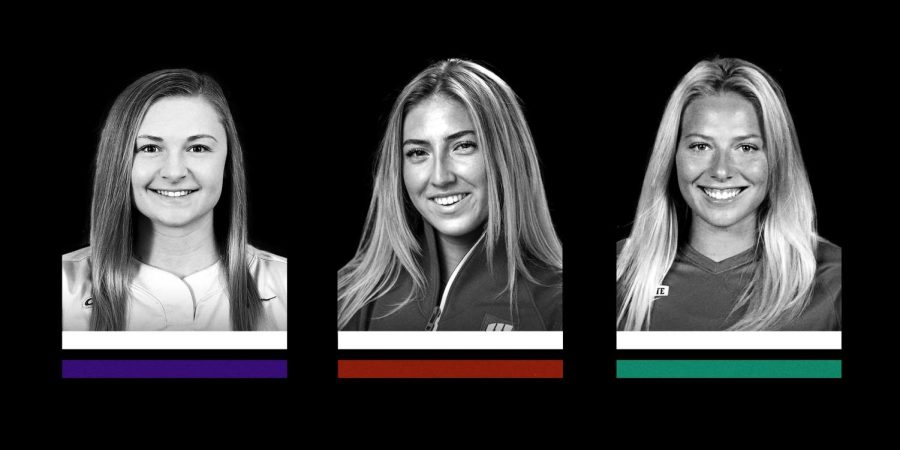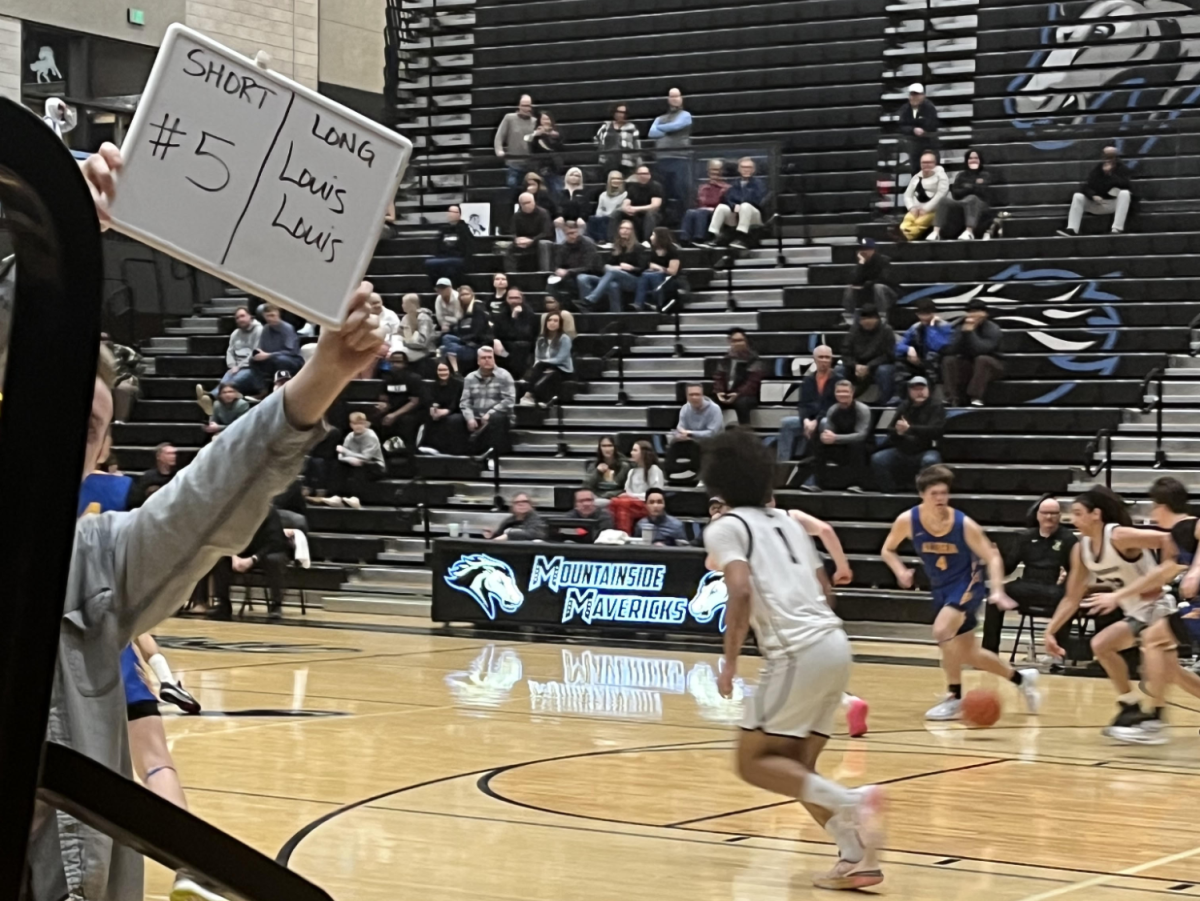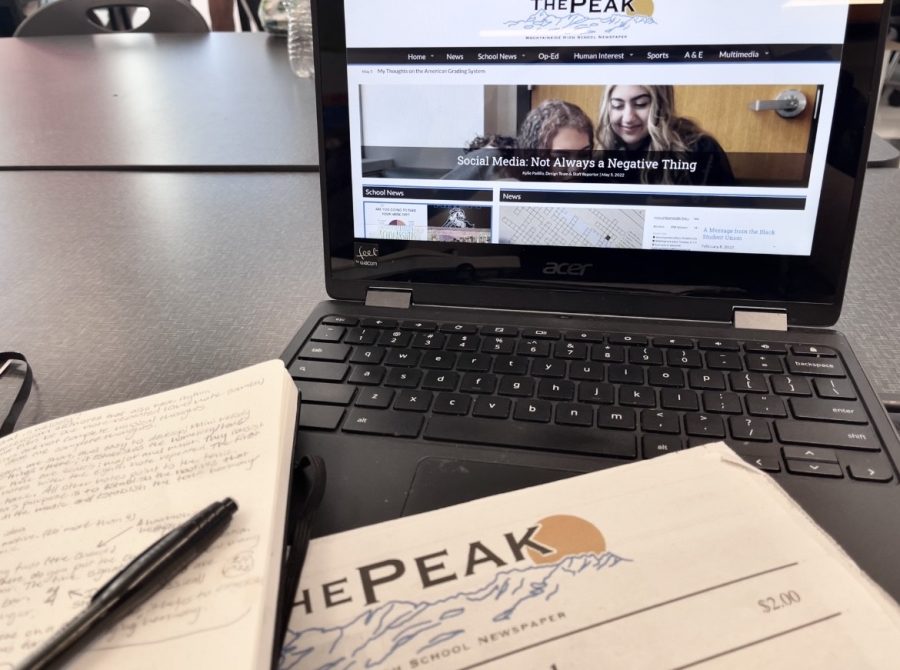Athletes are People, Too
May 11, 2022
TW: Mentions of suicide and death
Katie Meyer. Sarah Shulze. Lauren Bernett. Many strong, courageous, selfless individuals whose memory in the hearts of others will always be bright. An athlete’s struggle in silence is one that we can no longer afford keeping quiet about. No more beautiful lives can be lost.
It shouldn’t take a tragedy to open the public’s eyes to the mental damage collegiate student athletes are sustaining as their careers progress. A shocking statistic from the National Library of Medicine found that over a 9-year period (2003-2012), 35 cases of suicide were identified from student-athletes deaths. This problem is not one just existing in the past. The study was conducted previous to five student athletes who have committed suicide recently in 2022. A problem more serious than we can imagine is happening, rapidly increasing, and worsening. When will the pain and suffering of these students stop ending with grieving condolences?
We shouldn’t wait until they’re gone to hear them.
Being a student athlete, I’ve personally experienced and seen the psychological effects competitive sports can have on a young person. The world around you seemingly crashes in every failure, and the pressure of performing every practice and game can slowly chip away your sense of reality. Your entire world becomes the sport, and that tunnel vision magnifies every emotion that comes with competing. Knowing that someone has to lose at the end makes you so anxious, and knowing that everyone is counting on you to succeed at all times can be suffocating. With the pressures and hardships of navigating young adulthood, and the escape from all that being just as intense, our collegiate athletes are carrying the weight of the world on their shoulders. It’s time to listen to these athletes, these people, and ask ourselves: what can we be doing to lighten the load?
Collegiate athletes are often working on their sport year-round, regardless of what time period their season stretches into. Constant, non-stop work that wears on a person’s body all-year round can leave them drained. Allowing athletes to have a certain amount of mental health breaks should not only be destigmatized, but encouraged. Another option is schools taking initiative. Appointing sports-specialized team therapists to work with the athletes when they need it can also ease the mental strain they endure. Sometimes, young adults need guidance, advice and to get things off their chest. A team therapist would be perfect to do just that, and it can equally erase the stigma of seeking out therapy among the athletes.
We approach the game in a new way than how they were first meant to be approached. A lot of these kids are now being offered brand deals, start talking to colleges when they’re in middle school, and pay insane amounts of money for club programs that will get them to the top. Sports have become commercialized, and though this is beneficial in some ways, we’re still labeling these kids with dollar signs. We’ve lost what makes sports so enjoyable: people playing against people, and giving their all. The pressure of life was not supposed to outweigh the pressure of sports, it was supposed to be an escape. We need to remember the root of the sports, and the reason they are so enjoyable, instead of using these people as pawns for our next financial ploy.
So next time you watch a college football game, a soccer match, a track meet, remember that every individual has their own life they are thoroughly navigating at that moment. Next time you yell at your TV for a missed pass, a strikeout, or a missed shot, remember there is a person who tries their hardest to make it, and is probably harder on themselves than you are. Our athletes are trying their best, and nothing that could ever happen on the field is worth them losing their life.
Athletes are people, too, and it’s time to start treating them like it.
If you are struggling with any other mental health issues or need help, contact the following resources:
National Suicide Prevention Hotline Call: 1-800-273-8255





















